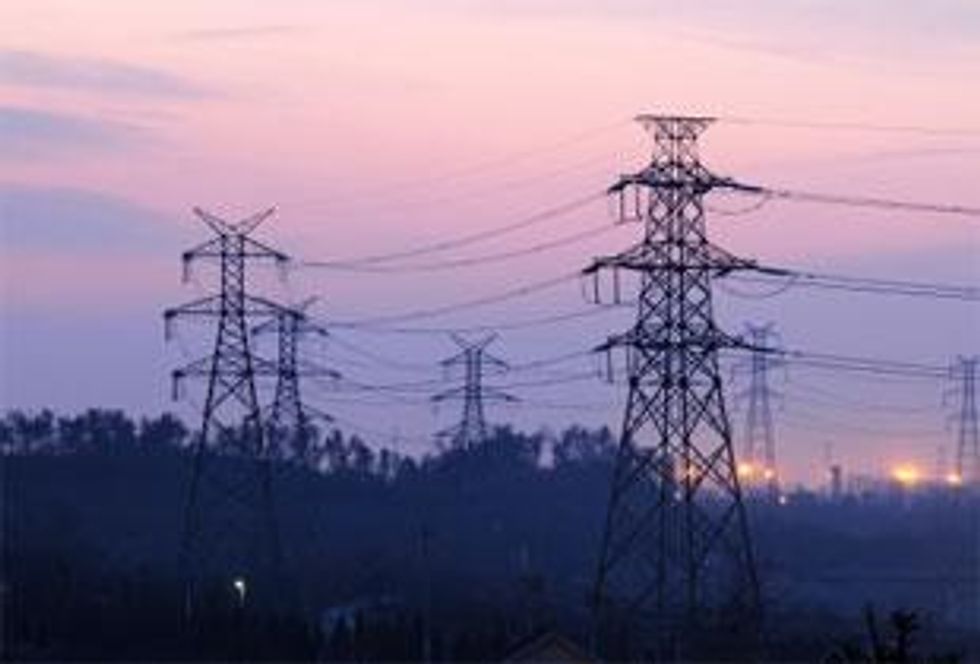Emerging Australian Lithium Miner Announces Proposed Manufacturing Facility
Galaxy Resources has provisionally chosen the site for its proposed lithium-ion battery project in China. The proposed site is also in close proximity to some of the major Chinese electric bike manufacturers, which could be critical in developing strategic alliances or marketing agreements with potential end-customers.
By Dave Brown – Exclusive to Lithium Investing News
Galaxy Resources (ASX:GXY) has provisionally chosen the site for its proposed lithium-ion battery project in China. The company signed a letter of intent with the Jiangsu Province Zhangjiagang Free Trade Zone (JPZFTZ) for a 10 hectare site, located 7 km from its Jiangsu lithium carbonate project. The proposed site is also in close proximity to some of the major Chinese electric bike manufacturers, which could be critical in developing strategic alliances or marketing agreements with potential end-customers. It is expected that the site will have access to critical infrastructure, including electricity sources, transportation networks, telecommunications, water supply and drainage.
The proposed site is near to the major Yangtze River International Chemical Industrial Park, which contains over 3,000 commercial enterprises including more than 40 multinational corporations. The location is also close to the Zhangjiagang port, one of the largest international trade deep water ports along the Yangtze River Valley and a major distribution port. The cargo transfer port connects middle and western parts of China and the provinces alongside the Yangtze River with access to key economic arteries via proximity to the Beijing-Shanghai Express Way and Xinchang Railway.
Prior to entering into a binding agreement Galaxy must now take part in a public bidding process for the land use rights, as required under Chinese law. The company’s Board of Directors also has to approve the project, and while the project is in the preliminary stage, the opportunity must be further evaluated from a technical, financial and marketing perspective. Following the process the company would expect to enter into agreements with potential suppliers and raise further funding.
The market has responded positively to the news sending the share price up approximately 10 percent to close in the $1.43 trading range on relatively high trading volume.
Korea Protesting Potential Lithium Battery Shipment Regulations
The South Korean Ministry of Knowledge Economy has indicated the country will protest against stricter regulations planned by the United States on air shipments of lithium-ion batteries. Officials from the South Korean government and manufacturers will visit the U.S. Office of Information Regulatory Affairs.
Under the changes to the regulations being reviewed, nearly all lithium batteries used in laptop computers and mobile phones would be categorized as dangerous materials, raising shipment costs, according to the ministry. United States aviation regulators have suggested cargo airlines take new precautions while shipping lithium batteries, which are commonly used in laptop computers and other electronics, due to fire risk.
An interim Federal Aviation Administration (FAA) safety alert was issued in October following the crash of a UPS Inc jet in United Arab Emirates, which killed two pilots. The cause of the Boeing 747 crash has not been determined; however, the FAA said it was aware that Flight 006 was carrying “large quantities of lithium batteries” and believes it is “prudent to advise operators of that fact.” The Transportation Department has proposed a rule to reduce the risk of fire from lithium batteries. The rule is under review by the White House budget office and bulk shipment of lithium metal batteries is already prohibited on passenger airliners.
Korean Investment
Korea has demonstrated an aggressive appetite for lithium resources over the past year and has even taken an active role in developing downstream technology and producing lithium batteries within the U.S., with a Korean company investing over $300 million in the creation of a manufacturing plant in Michigan.
Proceeding with Caution
With demand forecasts suggesting combined electrified vehicle sales in the Asia Pacific region could total almost 1.1 million in 2015, more than the U.S. and Western Europe collectively, any regulations that create barriers to trade might be ill advised given the longer term potential for export growth. According to Pike Research, the Asian lithium ion battery market could surpass $4 billion, representing 53 percent of total global sales. The strongest area of growth is undoubtedly China; however any trading impediments within the region would be not be looked upon favourably by investors.
If the changes are primarily a safety concern the issue should not consider commercial implications to be significant. The concern for the South Korean Ministry Economy seems to consider the issue to be more about the marginal costs of exporting its products to U.S. markets. Korean and other Asian interests believing that the U.S. is engaged in unfair business practices may provide a headwind for the U.S. lithium battery manufacturers if it results in the creation of reciprocating policies to match the perceived intent.





